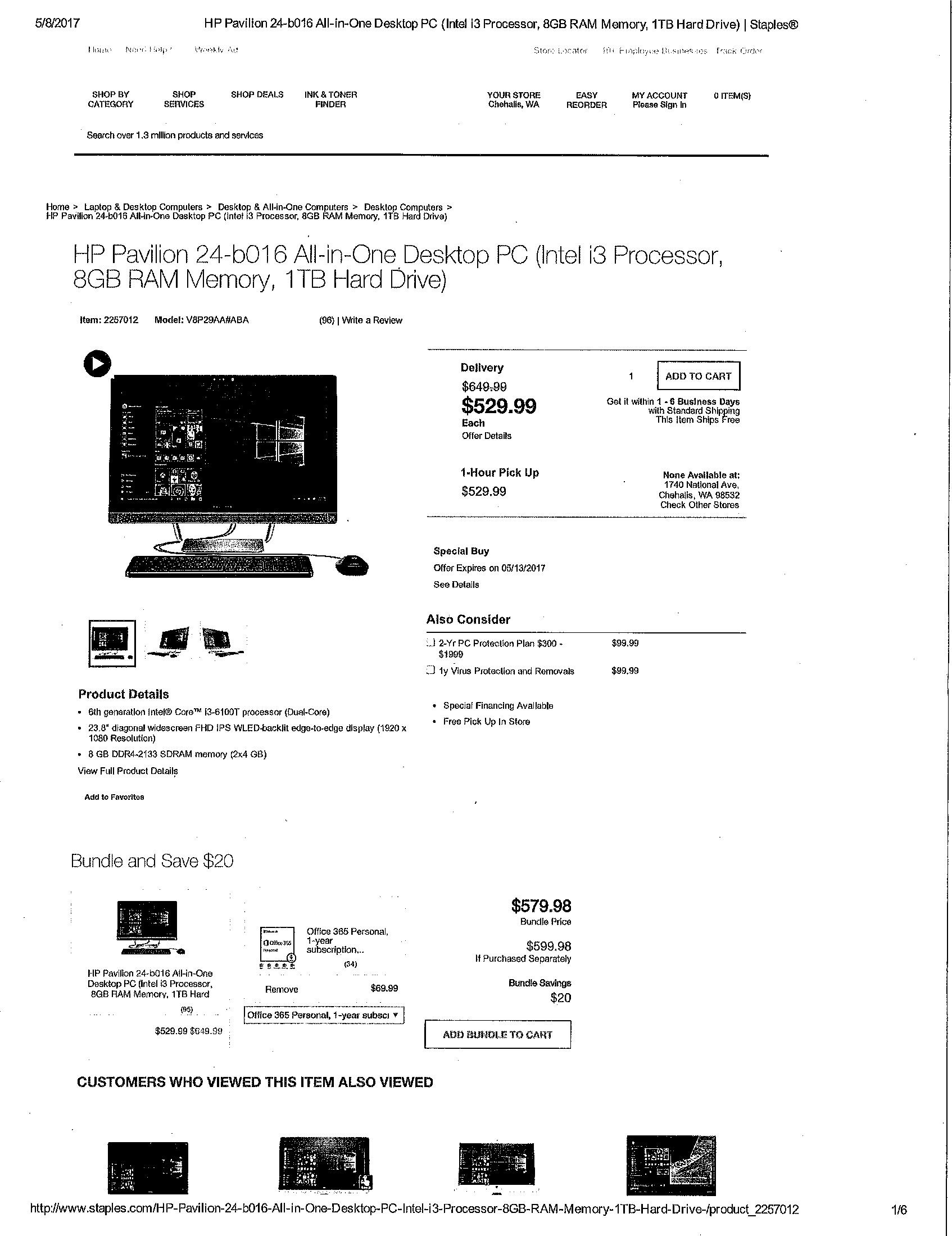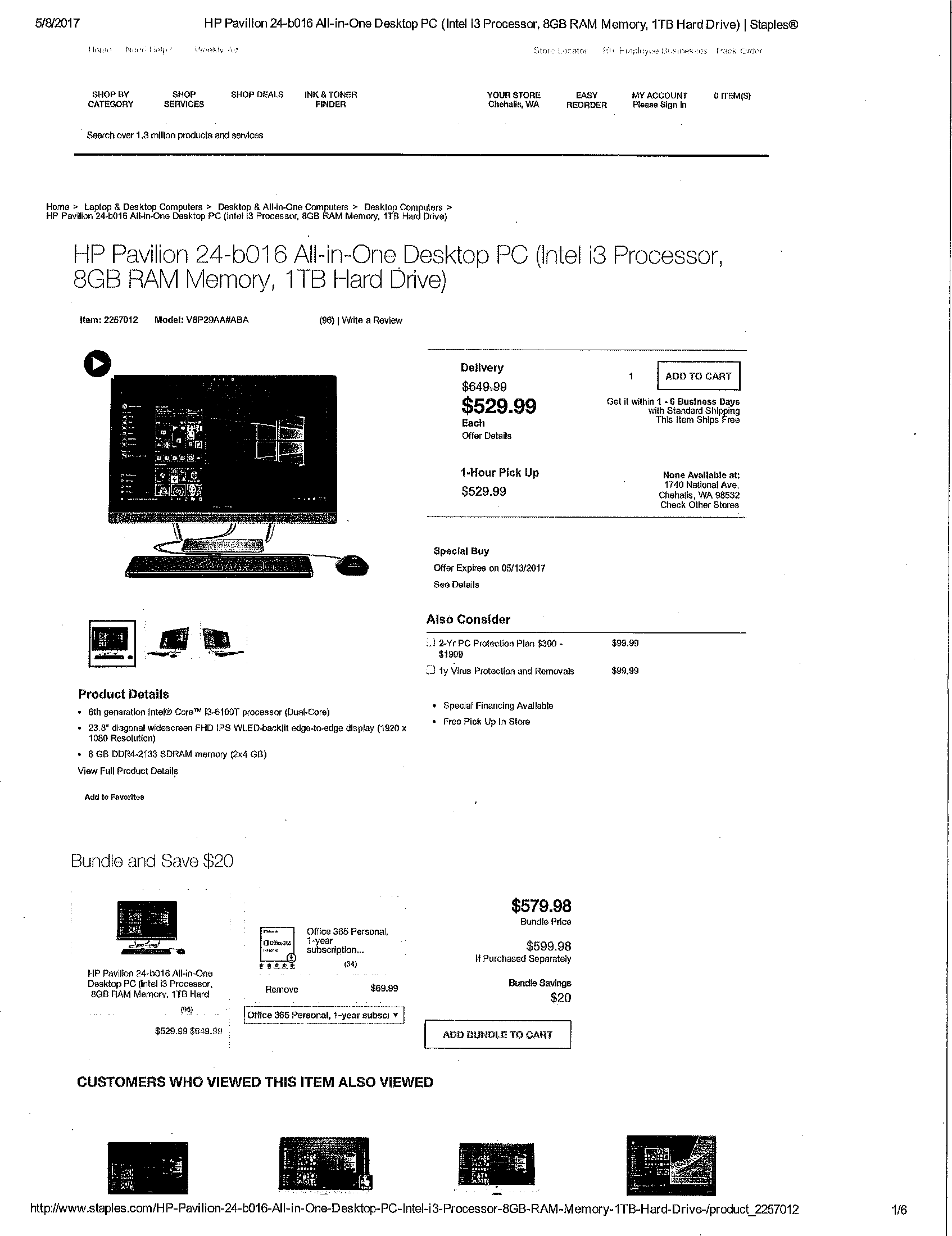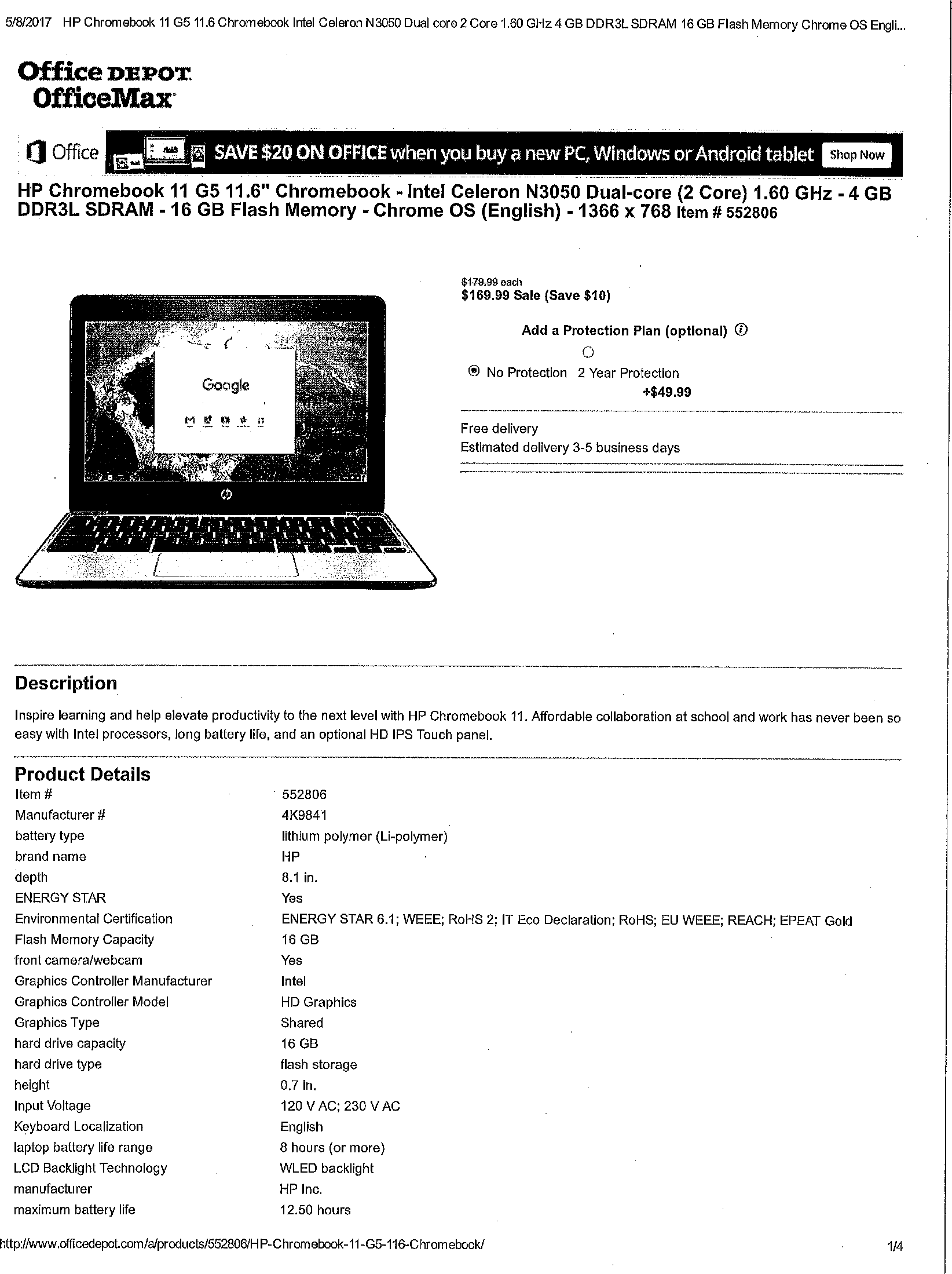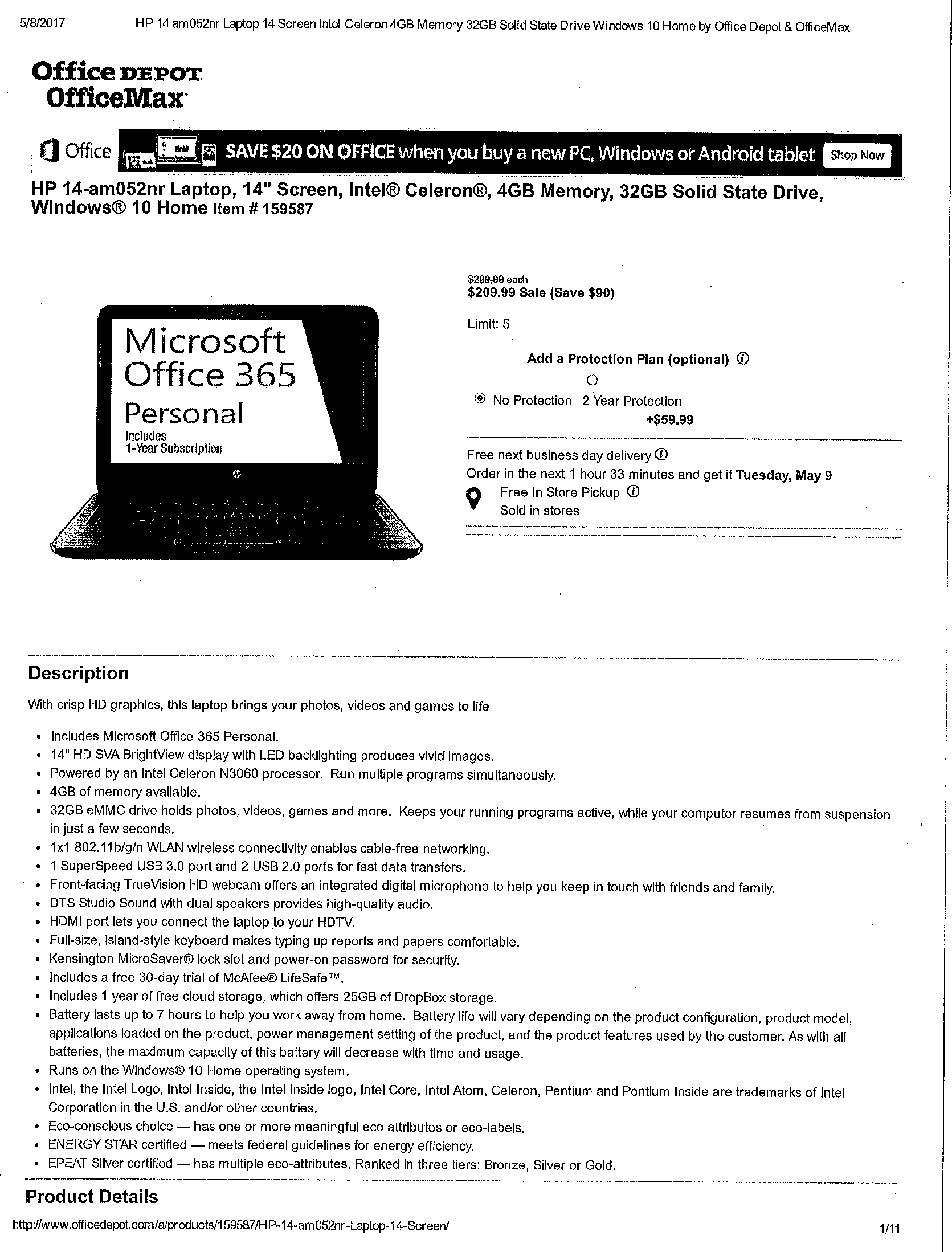WSR 17-16-066
PROPOSED RULES
DEPARTMENT OF HEALTH
[Filed July 25, 2017, 3:15 p.m.]
Original Notice.
Preproposal statement of inquiry was filed as WSR 17-07-068.
Title of Rule and Other Identifying Information: WAC 246-490-200 Electronic death registration, the department of health is creating a new rule to require the electronic reporting of deaths.
Hearing Location(s): Washington State Department of Health, Town Center 1, Room 133, 101 Israel Road S.E., Tumwater, WA 98504, on September 5, 2017, at 10 a.m.
Date of Intended Adoption: September 12, 2017.
Submit Written Comments to: Daniel O'Neill, P.O. Box 47814, Olympia, WA 98501, email https://fortress.wa.gov/doh/policyreview, fax (360) 753-4135, by September 5, 2017.
Assistance for Persons with Disabilities: Contact Daniel O'Neill by August 29, 2017, TTY (800) 833-6388 or 711.
Purpose of the Proposal and Its Anticipated Effects, Including Any Changes in Existing Rules: The proposal will require the electronic reporting of deaths and no will no longer allow submitting death reports using paper forms. The proposed rule will affect funeral directors, and health care providers and others who certify the cause of death, as well as deputy registrars receiving death reports for filing with the department of health (department). Each will be able to complete their portion of a death report electronically through a web application.
The proposal will eliminate the need for funeral directors to travel to those who certify death reports and to deputy registrars in order to complete death reports, resulting in more timely submission of death reports. Electronic reporting will accelerate reporting of death data to the department and support rapid surveillance and response to communicable disease and other health threats.
Reasons Supporting Proposal: Death reports provide relevant data for rapid surveillance and response to health threats, potentially preventing further deaths and limiting outbreaks. Electronically registering deaths provides the department with death data in a more timely manner than registration using paper forms. The proposed rule will make Washington consistent with national standards required for vital records program accreditation from the public health accreditation board.
Statutory Authority for Adoption: RCW 70.58.061.
Statute Being Implemented: RCW 43.70.150.
Rule is not necessitated by federal law, federal or state court decision.
Name of Proponent: Department of health, governmental.
Name of Agency Personnel Responsible for Drafting: Daniel O'Neill, 101 Israel Road S.E., Tumwater, WA 98504, (360) 236-4311; Implementation: Leigh Bacharach, 101 Israel Road S.E., Tumwater, WA 98504, (360) 236-4348; and Enforcement: Christie Spice, 101 Israel Road S.E., Tumwater, WA 98504, (360) 236-4307.
A small business economic impact statement has been prepared under chapter 19.85 RCW.
Small Business Economic Impact Statement
WAC 246-490-200, a rule concerning required use of the electronic death registration system.
SECTON [SECTION] 1: Describe the proposed rule, including: A brief history of the issue; an explanation of why the proposed rule is needed; and a brief description of the probable compliance requirements and the kinds of professional services that a small business is likely to need in order to comply with the proposed rule.
The department of health (department) is responsible under RCW 43.70.150 to identify and maintain the system for death registration and to prepare the necessary rules associated with accurate and timely death registration.
Death registration is a three step process completed by three separate entities; funeral directors, certifiers, and deputy registrars. Currently, death reports are submitted either electronically via the electronic death registration system (EDRS), or on paper.
Funeral directors (including those having the right to control the disposition of the human remains) are responsible for creating the report of death, including the decedent's demographic information, and facilitating completion of the death report. Certifiers are responsible for reporting the facts concerning the cause and manner of death. Certifiers include allopathic and osteopathic physicians, physician assistants, advanced registered nurse practitioners, chiropractors, local health officers, coroners, medical examiners, or the prosecuting attorney for counties with no coroner or medical examiner. Deputy registrars are responsible for submitting the report of death to the department after they verify the completeness and accuracy of its contents.
To complete a death report on paper, the funeral director must travel to the certifier and the deputy registrar to gather the required information and signature. It can take up to ninety days for the department to receive the report and register the death. This process is laborious and increases public health risk due to delays in the department receiving information on causes of death.
When a death report is submitted via EDRS, the funeral director, certifier, and deputy registrar can complete the report through a web application in as few as twenty-four hours. Death reports submitted via EDRS provide the department timely data for rapid surveillance and response, potentially preventing deaths and limiting outbreaks.
The proposed rule requires use of EDRS to submit all death reports, which will eliminate the need for funeral directors to travel to complete and submit the death report; accelerate reporting of death data; support rapid surveillance and response to communicable disease and other health threats; and make Washington consistent with national standards required for vital records and health statistics program accreditation through the public health accreditation board.
In 2011, the center for health statistics (center) deployed EDRS to replace the paper process of reporting deaths in Washington state. The center recruited certifiers and funeral directors to voluntarily use EDRS. Currently, eighty-six percent of the state's death records are reported electronically. To gain greater use of EDRS and the public health benefits of using an electronic reporting system, the department must adopt the proposed rule.
To comply with required use of EDRS, users would need to have access to computer with internet access. The proposed rule does not require that the EDRS user owns or maintains these tools and services, but does require users to have access to tools and services that may be available elsewhere (such as a public library).
SECTION 2: Identify which businesses are required to comply with the proposed rule using the North American Industry Classification System (NAICS) codes and what the minor cost thresholds are.
Table A:
NAICS Code (4, 5 or 6 digit) |
NAICS Business Description |
# of businesses in WA |
Minor Cost Threshold = 1% of Average Annual Payroll |
8122 |
Death Care Services |
275 |
$2,269 |
812210 |
Funeral Homes and Funeral Services |
178 |
$2,269 |
621111 |
Offices of Physicians |
3,120 |
$12,002 |
SECTION 3: Analyze the probable cost of compliance. Identify the probable costs to comply with the proposed rule, including: Cost of equipment, supplies, labor, professional services and increased administrative costs; and whether compliance with the proposed rule will cause businesses to lose sales or revenue.
Compliance with the proposed rule will not require affected users to purchase a computer if they do not have one. EDRS does not require an advanced computer system. Desktop and laptop computers are both acceptable. EDRS users can use a public access computer at libraries and still comply with the proposed rule.
If a user chooses to purchase a computer, the one-time cost of a new computer that is compatible with EDRS ranges from $179 to $529 (Appendix A). This cost can be divided over the useful life of a computer. Assuming a three year useful life, the annual cost would be one third of the cost of a computer resulting in an annual cost range of $59.67 to $176.33.
Internet service providers provide broadband internet in Washington ranging from $14.95 per month ($179.40 annually) to $49.95 per month ($599.40 annually) depending on location and business type.1
1 https://www.seattle.gov/tech/comcast-rates, accessed 6/9/17; http://www.cheapinternet.com/states/washington-internet-service, accessed 6/9/17.
For the vast majority of EDRS users, the department assumes that the proposed rule will not impose new costs. For certifiers or funeral directors that choose to purchase a computer and begin to pay for internet service, the total annual cost of compliance ranges from $239.07 to $775.73.
The department assumes that compliance with the proposed rule will not cause businesses to lose sales or revenue.
SECTION 4: Analyze whether the proposed rule may impose more than minor costs on businesses in the industry.
The department assumes that the proposed rule will not impose more than minor costs on businesses in the industry. However, the department evaluated any disproportionate impact and considered mitigation measures for the proposed rule as described in the following sections.
SECTION 5: Determine whether the proposed rule may have a disproportionate impact on small businesses as compared to the ten percent of businesses that are the largest businesses required to comply with the proposed rule.
The proposed rule sets consistent requirements for all sizes of businesses and physicians that report deaths. The department assumes that very few death certifiers and funeral directors do not currently have the tools (a computer and internet connection) to comply. The department assumes that larger businesses already own an internet-accessible computer. The department further assumes the proposed rule will have a disproportionate impact on small business as compared with the largest ten percent of businesses required to comply with the proposed rule.
SECTION 6: If the proposed rule has a disproportionate impact on small businesses, identify the steps taken to reduce the costs of the rule on small businesses. If the costs cannot be reduced provide a clear explanation of why.
Compliance with the proposed rule will not require affected users to purchase a computer if they do not have one. EDRS does not require an advanced computer system. EDRS is a web-based application. Web-based applications are the least burdensome methods of submitting required data. Desktop and laptop computers are both acceptable. EDRS users can use a public access computer at libraries to comply with the proposed rule.
SECTION 7: Describe how small businesses were involved in the development of the proposed rule.
Potential small business users of EDRS responded to staff inquiries during EDRS recruitment. Using their feedback, the department spoke with the few individuals and businesses that currently do not comply with the proposed rule.
Of the physicians and funeral directors who responded, one physician and two funeral directors reported not having internet access or a computer.
SECTION 8: Identify the estimated number of jobs that will be created or lost as the result of compliance with the proposed rule.
The department assumes that no jobs will be created or lost as a result of compliance with the proposed rule.
Appendix A
 |
 |
 |
 |
A copy of the statement may be obtained by contacting Daniel O'Neill, P.O. Box 47814, Tumwater, WA 98501, phone (360) 236-4311, fax (360) 753-4135, email daniel.oneill@doh.wa.gov.
A cost-benefit analysis is required under RCW 34.05.328. A preliminary cost-benefit analysis may be obtained by contacting Daniel O'Neill, P.O. Box 47814, Tumwater, WA 98504, phone (360) 236-4311, fax (360) 753-4135, email daniel.oneill@doh.wa.gov.
Jessica Todorovich
Chief of Staff
for John Wiesman, DrPH, MPH
Secretary
NEW SECTION
WAC 246-490-200 Electronic reporting of deaths.
All deaths that occur in Washington state, excluding fetal deaths, must be reported electronically using the format and system prescribed by the state registrar.